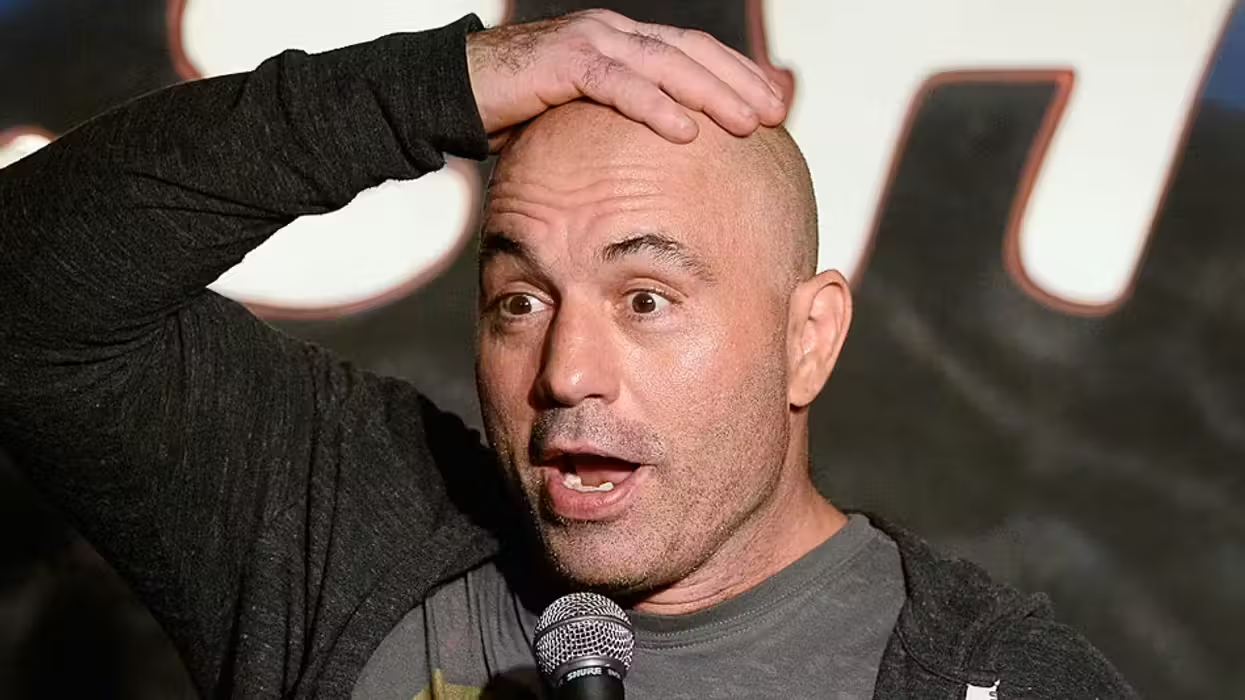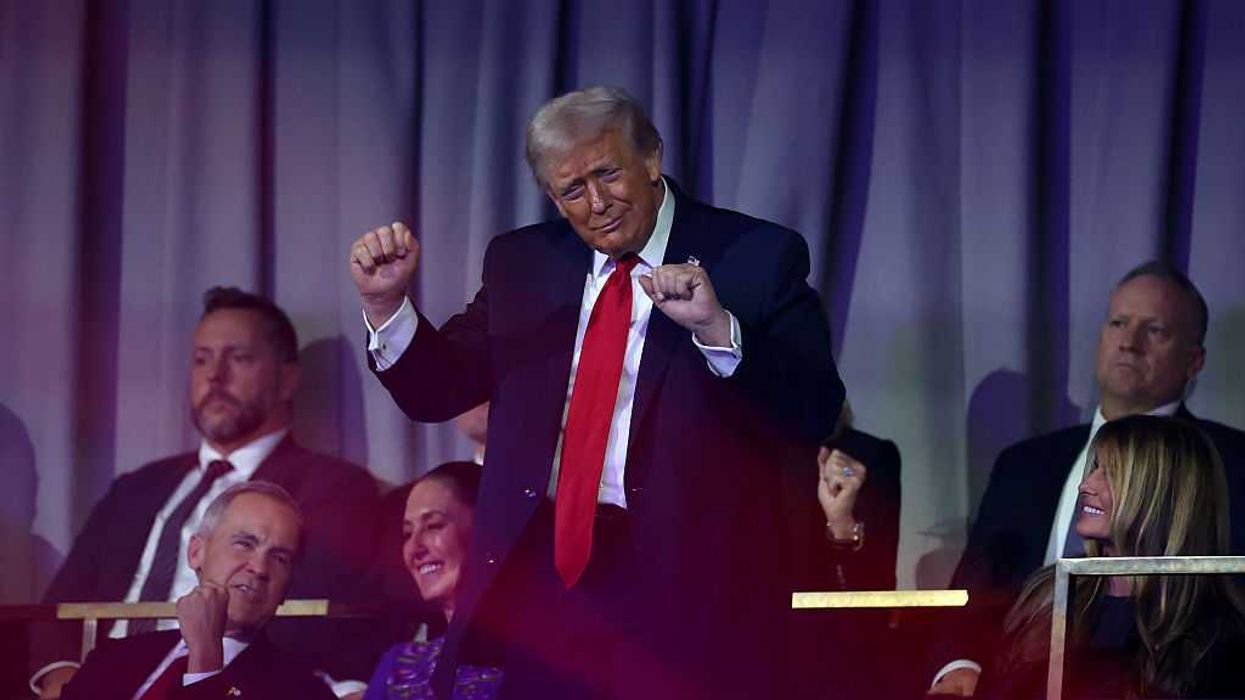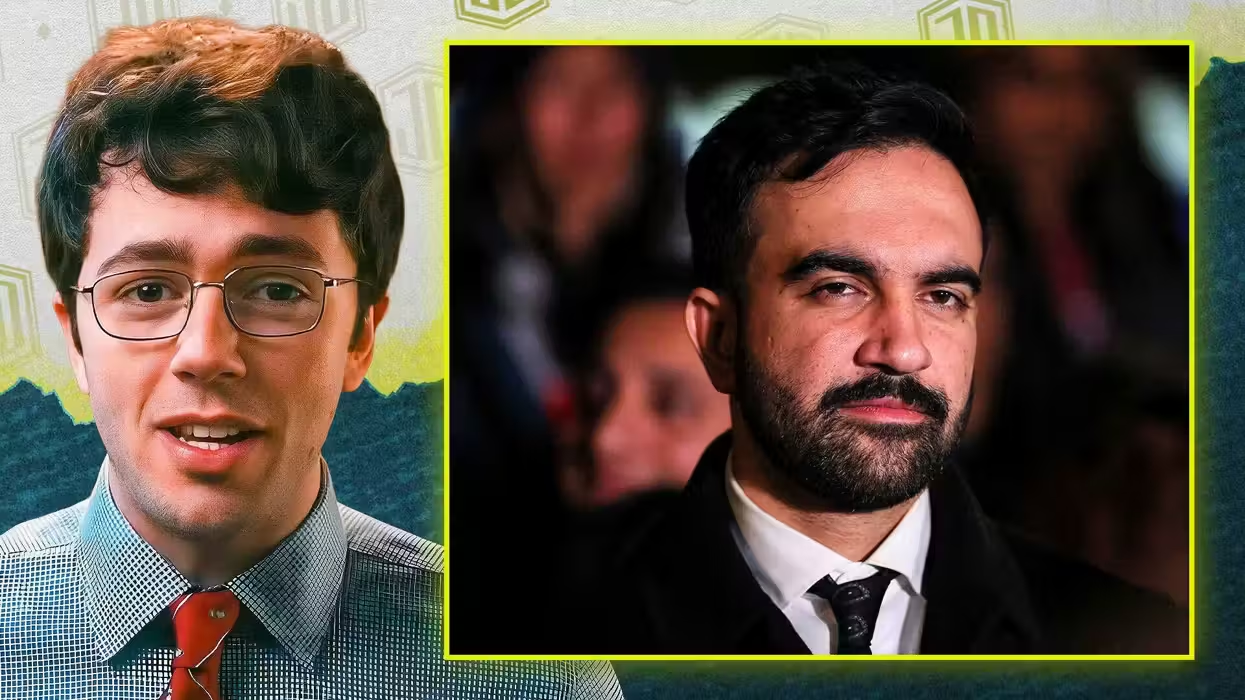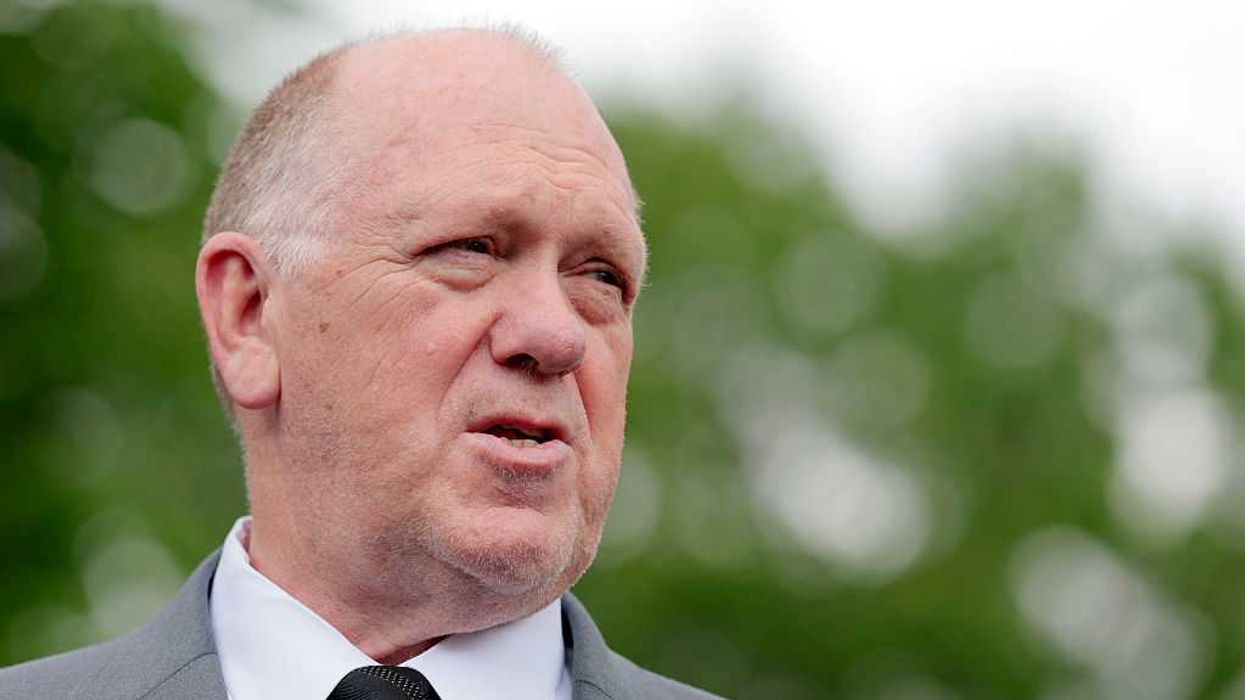
© 2025 Blaze Media LLC. All rights reserved.
Does Pope Benedict XVI Believe That Human Beings Cause Global Warming?
November 28, 2011
"green pope"

VATICAN CITY (The Blaze/AP) -- Pope Benedict XVI called Sunday for delegates attending this week's U.N. climate change conference in South Africa to craft a responsible and credible deal to cut greenhouse gases that takes into account the needs of the poor. This call poses an intriguing question: Does the Pope believe that human beings are responsible for global warming?
Some 25,000 government officials, lobbyists and scientists are expected to attend the two-week conference that opens Monday in Durban. The immediate focus is the pending expiration of the Kyoto Protocol, the 1997 agreement requiring 37 industrialized countries to slash carbon emissions to 5 percent below 1990 levels by 2012.
Western governments are expected to try to get China and other growing economies to accept legally binding curbs on greenhouse gases, as well. Poor countries want the signatories to accept further reductions in a second commitment period up to at least 2017.
 Benedict, who has been dubbed the "green pope" for his environmental concerns, launched an appeal Sunday to government representatives attending the Durban conference to craft a responsible revised Kyoto deal.
Benedict, who has been dubbed the "green pope" for his environmental concerns, launched an appeal Sunday to government representatives attending the Durban conference to craft a responsible revised Kyoto deal.
In 2007, Mail Online reported that the Pope had issued some statements for World Peace Day that showed he was somewhat skeptical of global warming alarmism:
The leader of more than a billion Roman Catholics suggested that fears over man-made emissions melting the ice caps and causing a wave of unprecedented disasters were nothing more than scare-mongering.The German-born Pontiff said that while some concerns may be valid it was vital that the international community based its policies on science rather than the dogma of the environmentalist movement. [...]
The 80-year-old Pope said the world needed to care for the environment but not to the point where the welfare of animals and plants was given a greater priority than that of mankind.
By 2011, after receiving more information from scientists about climate change, it seemed the Pope and the Vatican were beginning to support efforts to curb carbon emissions.
"I hope that all members of the international community agree on a responsible and credible response to this worrisome and complex phenomenon, taking into account the needs of the poorest and future generations," he said during his traditional Sunday blessing from his studio overlooking St. Peter's Square this week.
Benedict denounced the failure of world leaders to agree to a successor treaty to Kyoto during a 2009 U.N. climate summit in Copenhagen. He said then that world peace depends on safeguarding God's creation.
 The 84-year-old German pope has voiced increasing concern about protecting the environment in his encyclicals, during foreign trips, speeches to diplomats and in his annual peace message. Under Benedict's watch, the Vatican has installed photovoltaic cells on its main auditorium to convert sunlight into electricity and has joined a reforestation project aimed at offsetting its CO2 emissions.
The 84-year-old German pope has voiced increasing concern about protecting the environment in his encyclicals, during foreign trips, speeches to diplomats and in his annual peace message. Under Benedict's watch, the Vatican has installed photovoltaic cells on its main auditorium to convert sunlight into electricity and has joined a reforestation project aimed at offsetting its CO2 emissions.
For the pontiff, it's a moral issue: Church teaching holds that man must respect creation because it's destined for the benefit of humanity's future. He has argued that climate change and natural catastrophes threaten people's rights to life, food, health and ultimately peace.
Based on his statements and actions, it does seem as though the head of the Catholic Church has become much more favorable to the notion that human beings are responsible for changes in the climate.
Want to leave a tip?
We answer to you. Help keep our content free of advertisers and big tech censorship by leaving a tip today.
Want to join the conversation?
Already a subscriber?
Billy Hallowell is a digital TV host and interviewer for Faithwire and CBN News and the co-host of CBN’s "Quick Start Podcast."
Billy Hallowell
Billy Hallowell is a digital TV host and interviewer for Faithwire and CBN News and the co-host of CBN’s "Quick Start Podcast."
more stories
Sign up for the Blaze newsletter
By signing up, you agree to our Privacy Policy and Terms of Use, and agree to receive content that may sometimes include advertisements. You may opt out at any time.
Related Content
© 2025 Blaze Media LLC. All rights reserved.
Get the stories that matter most delivered directly to your inbox.
By signing up, you agree to our Privacy Policy and Terms of Use, and agree to receive content that may sometimes include advertisements. You may opt out at any time.






